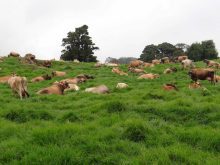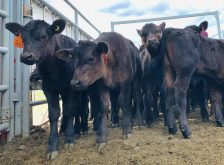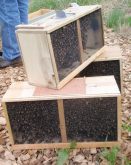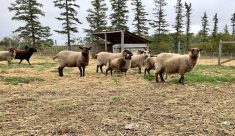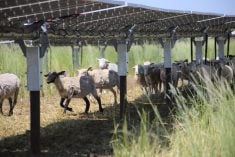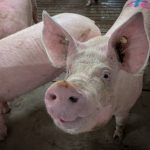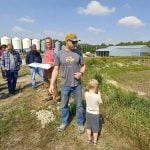The Alberta Prion Research Institute (APRI) was founded in 2005, and given an initial seven-year mandate which recently expired.
“Our funding has been continued by the Alberta government for three years, which we’re very pleased about. There are still some challenges there, it’s a bridge not completely built by any means,” said executive director Kevin Keough.
With BSE in decline and stringent SRM regulations in place, further cases are not unexpected, but the incidence has dropped dramatically. Keough maintains the research is just as important as ever.
Read Also
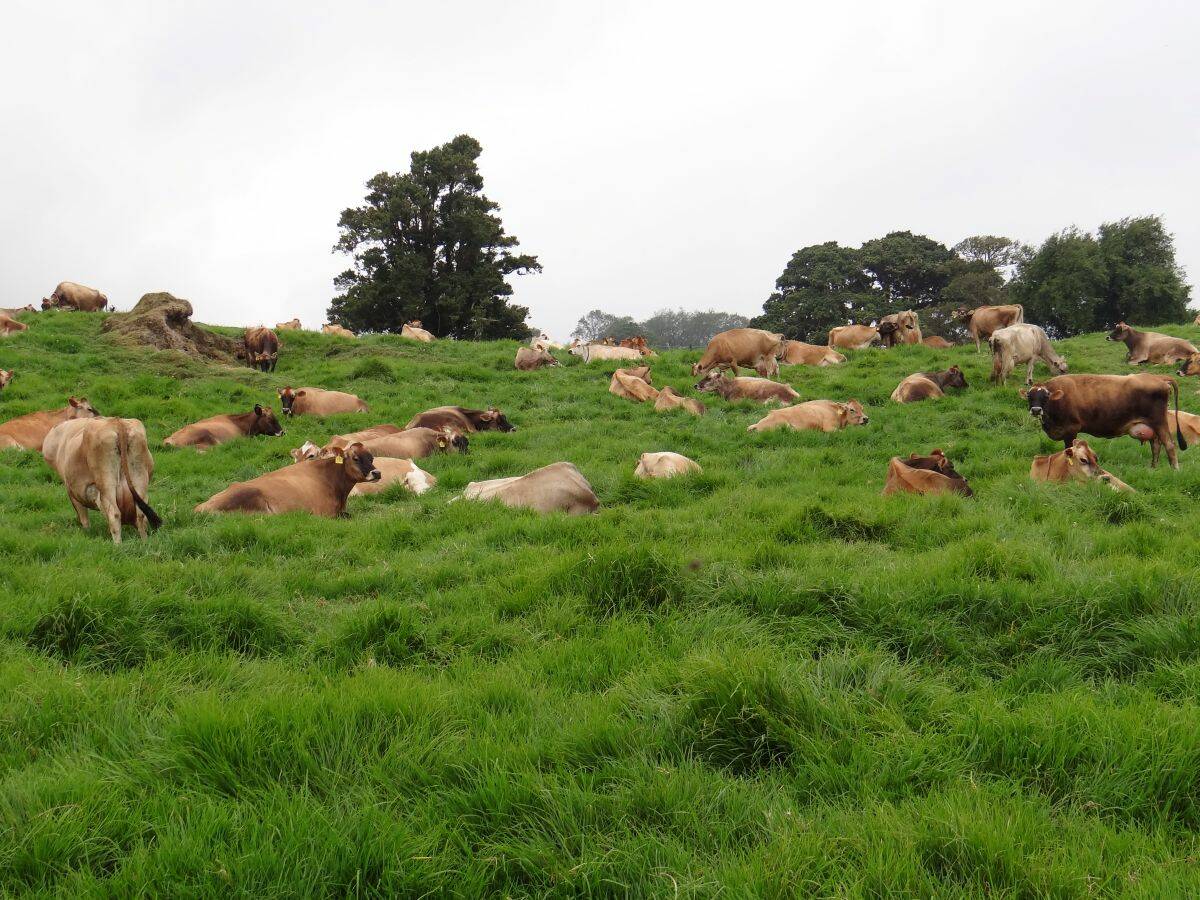
Is inflammation the real cause of milk fever in cattle?
UAlberta researcher Burim Ametaj’s theory challenges 200 hundred years of science and his work may change the approach for treatment.
“I don’t want to scare people, but it’s not trivial that this chronic wasting disease stuff is out there. It’s a disease that no doubt is spreading in North America. It’s spreading in Alberta, it’s spreading westward and northward a bit. It’s spreading in Saskatchewan. It’s spreading in the U.S. more extensively.”
Although SRM removal has been pivotal in reducing BSE spread, it has been expensive for the industry.
“We need to try and figure out better ways to deal with that from the perspective of economics. Secondly, a substantial amount of SRMs we still bury, and even though they are in a relatively highly-contained environment, we don’t know all of the things we need to know about prions to say that we can walk away from it and we don’t need to study this anymore,” Keough said.
He said Alberta has become known around the world as a powerhouse in prion research, which is a natural fit because Alberta was already very strong in both protein and neuroscience research.
“There’s some real opportunity for Alberta to be a significant leader internationally and we’re becoming recognized as being a leader in this area, and that has been a really great return on the public investment in this over the past few years.”
As well, there are what are called “sporadic” cases of BSE that occur in cattle. Unlike classic BSE, these cases have no known cause and Keough says research to learn more about them is also important. “It’s more about being prepared to deal with something and being vigilant and understanding it so you can head it off rather than responding to a crisis.”


